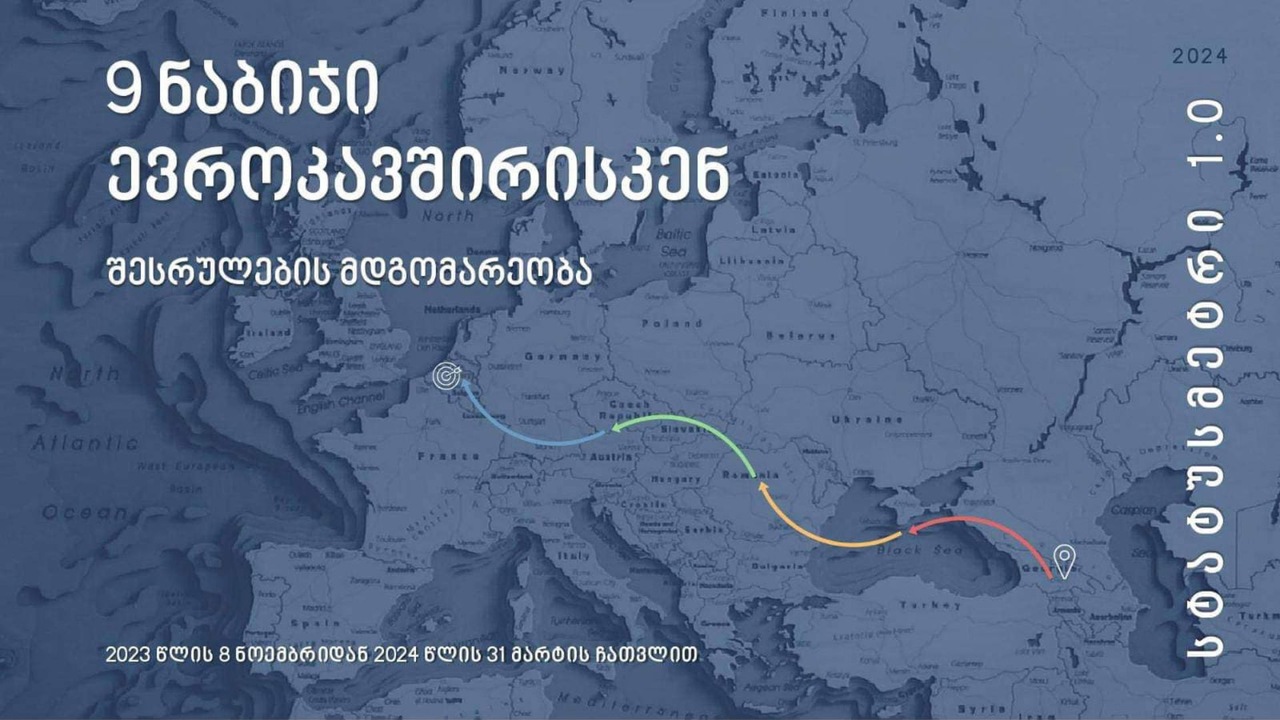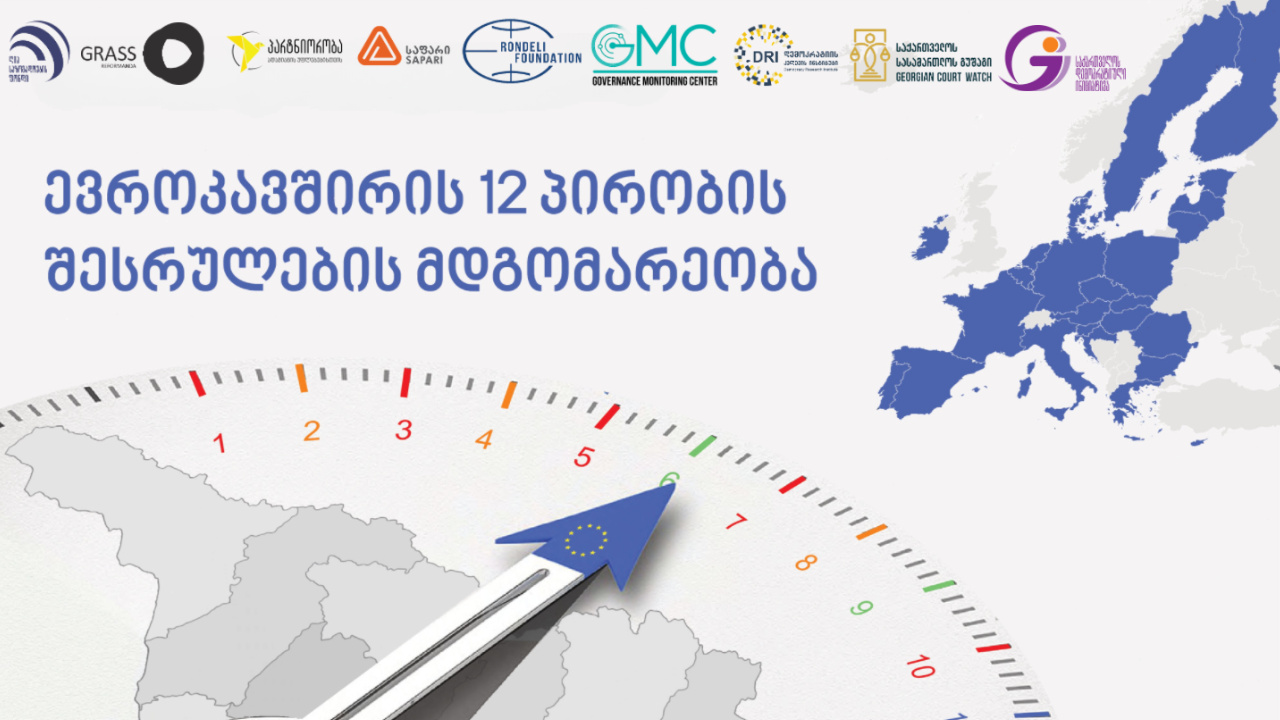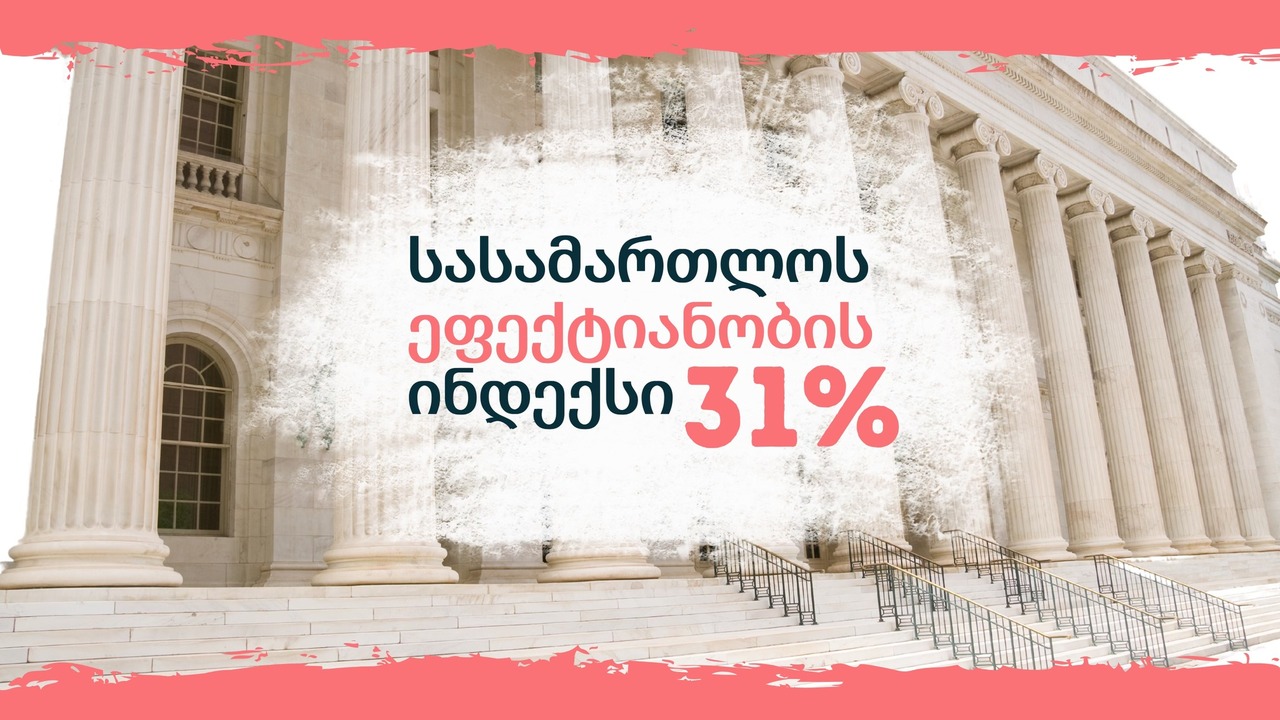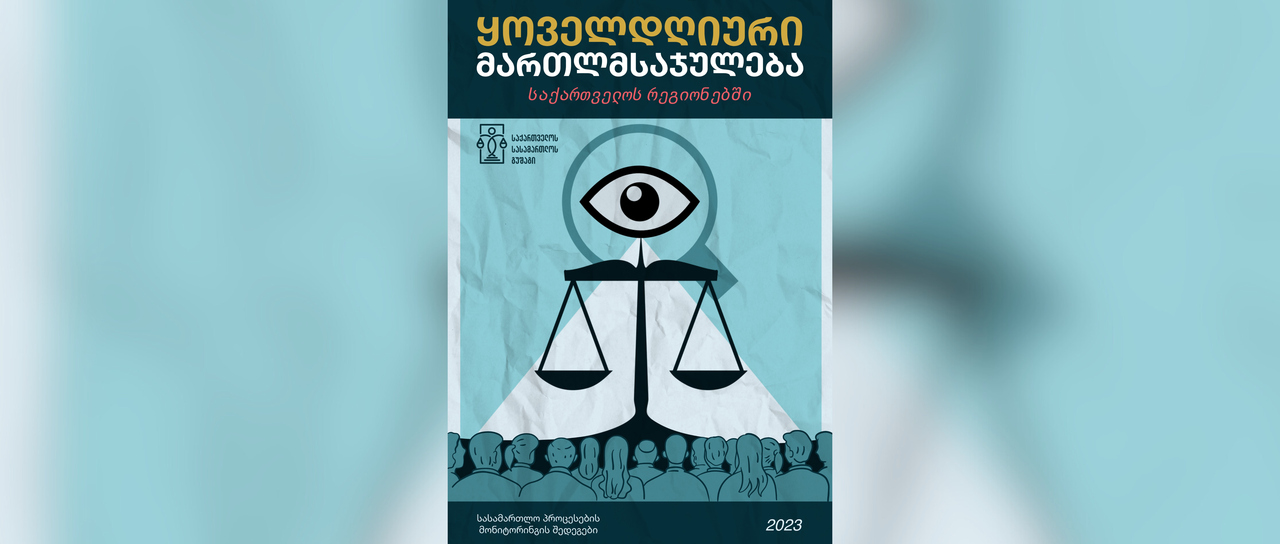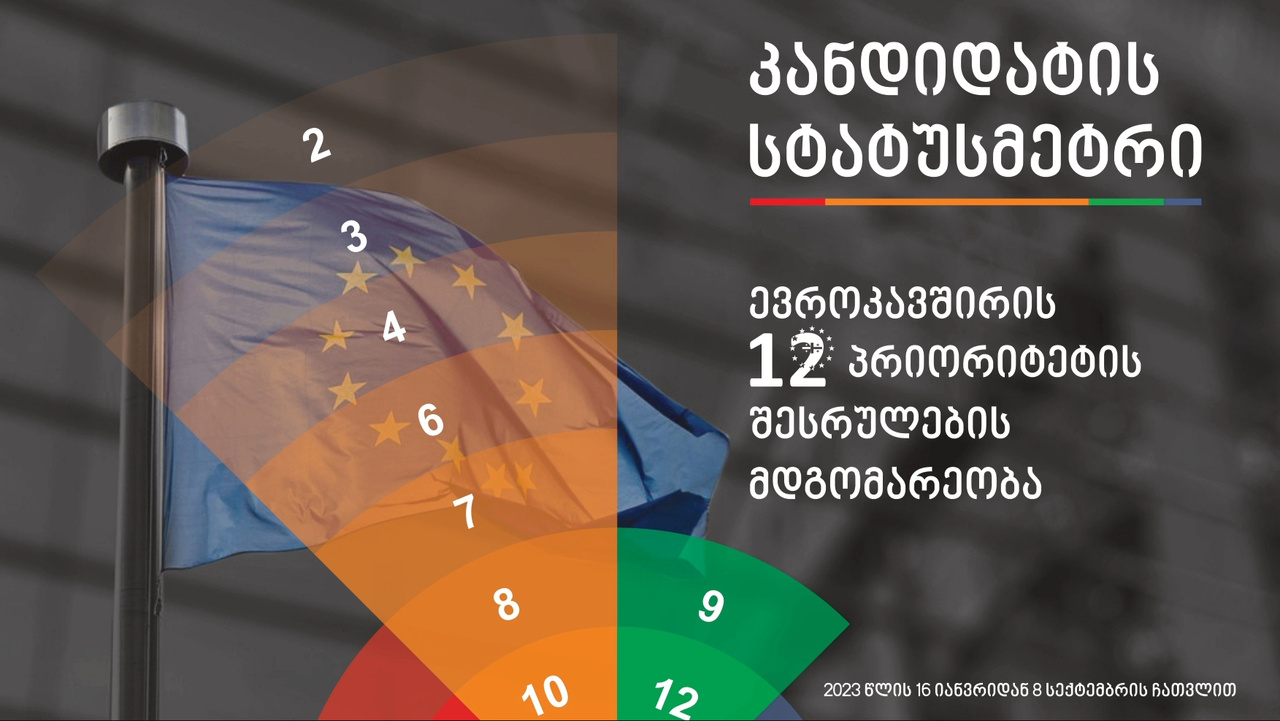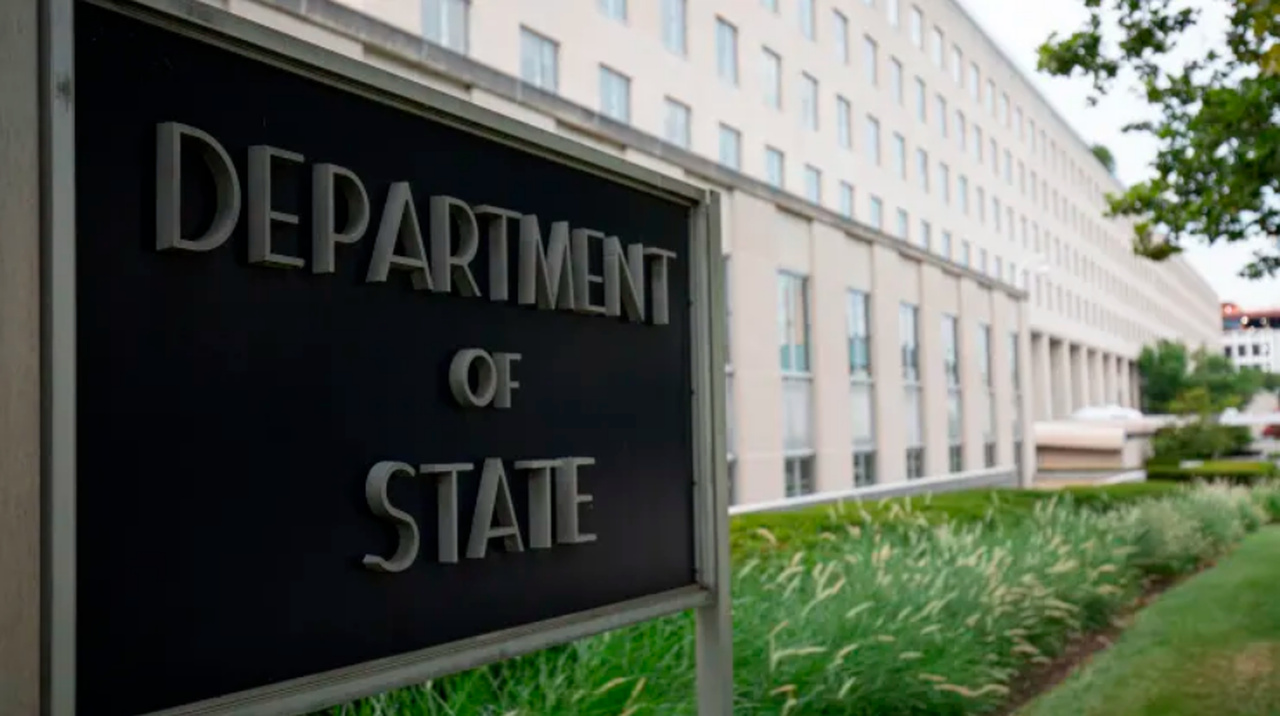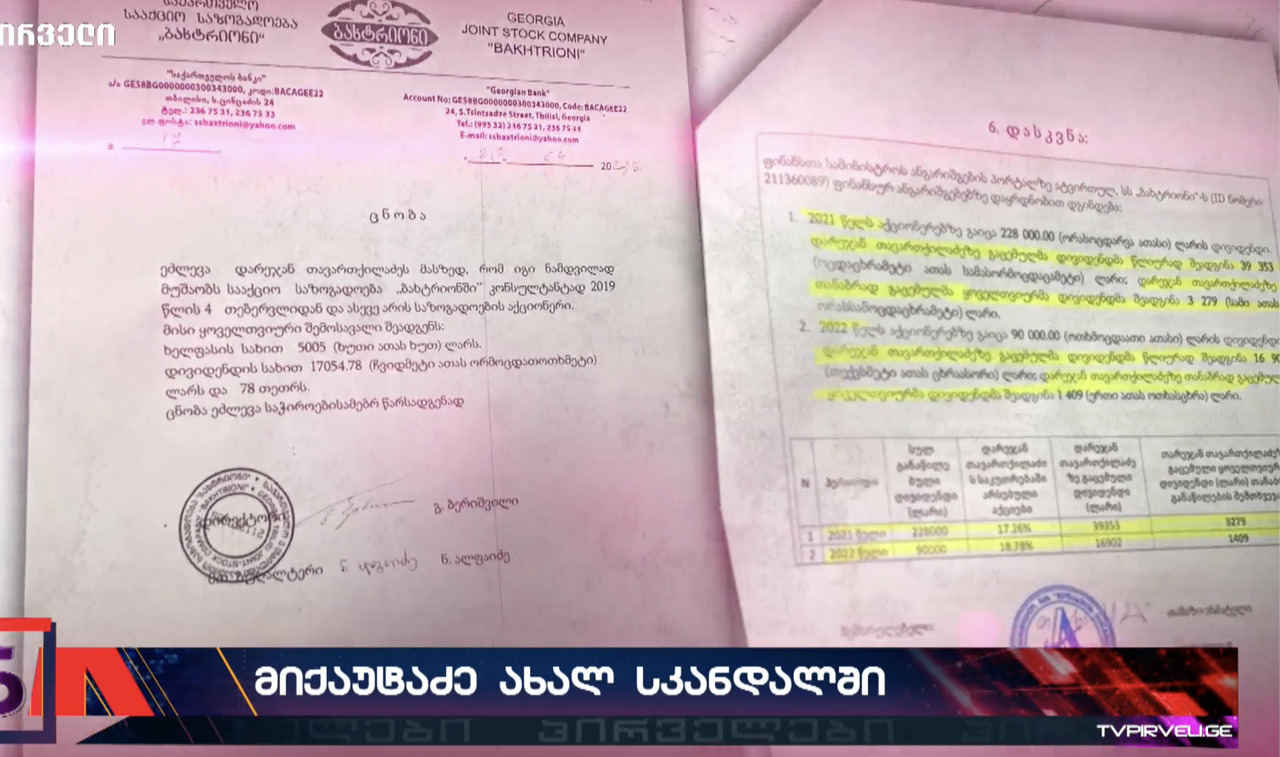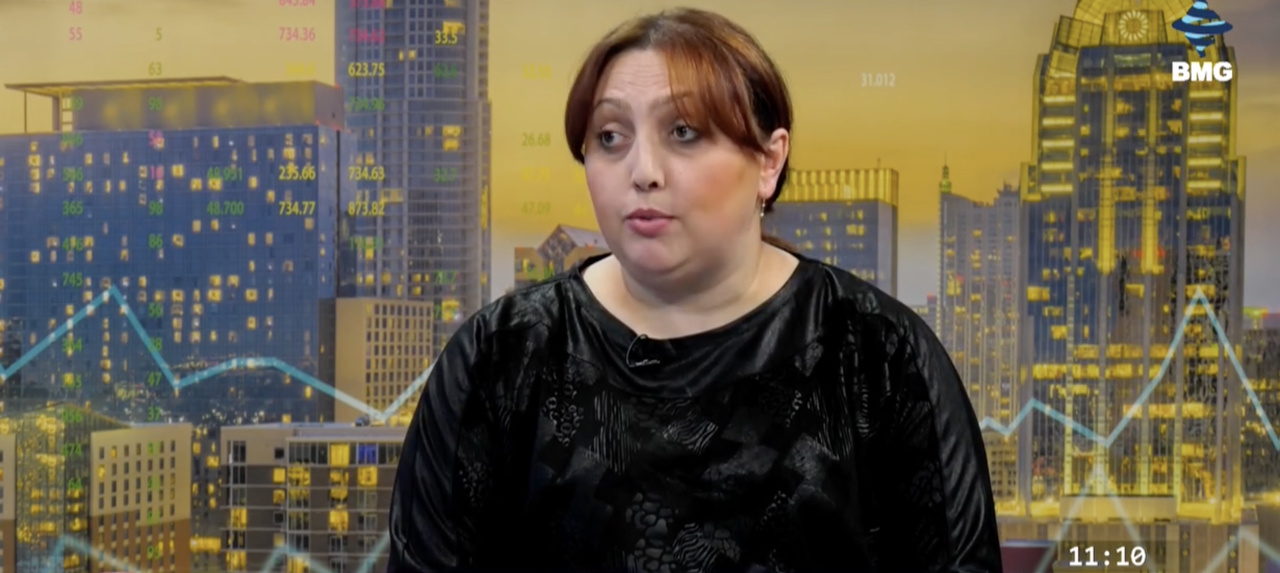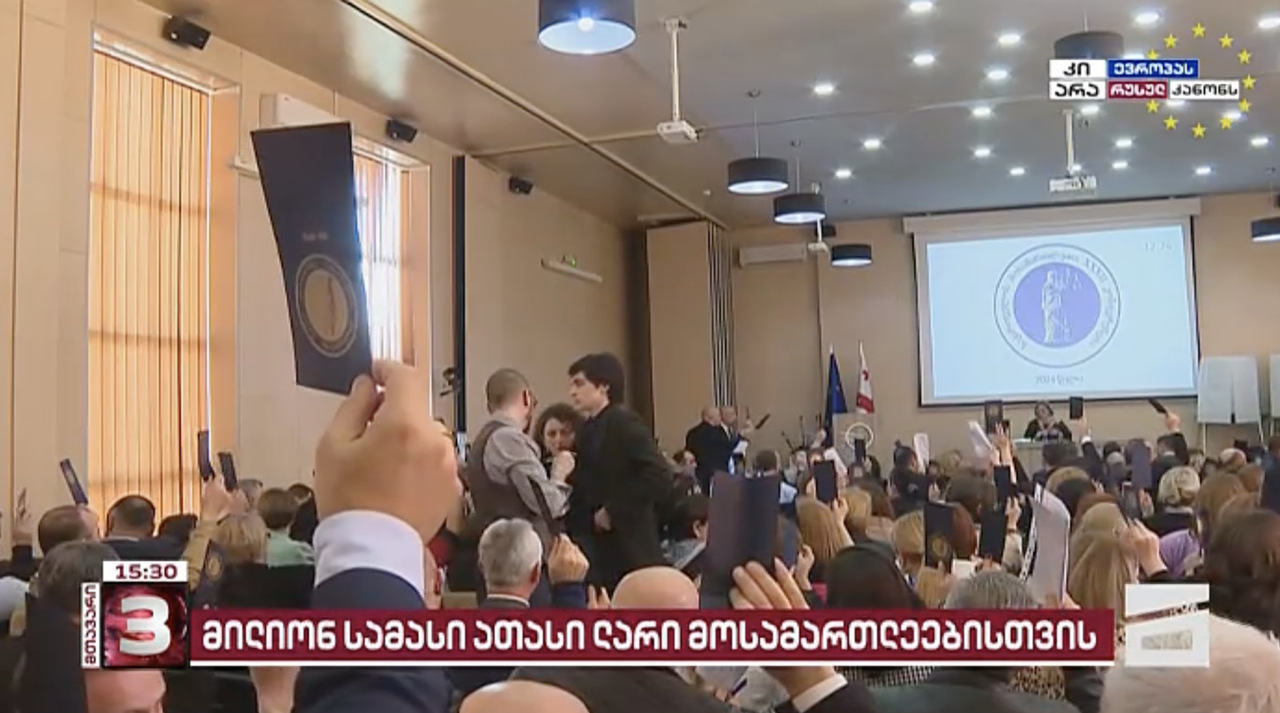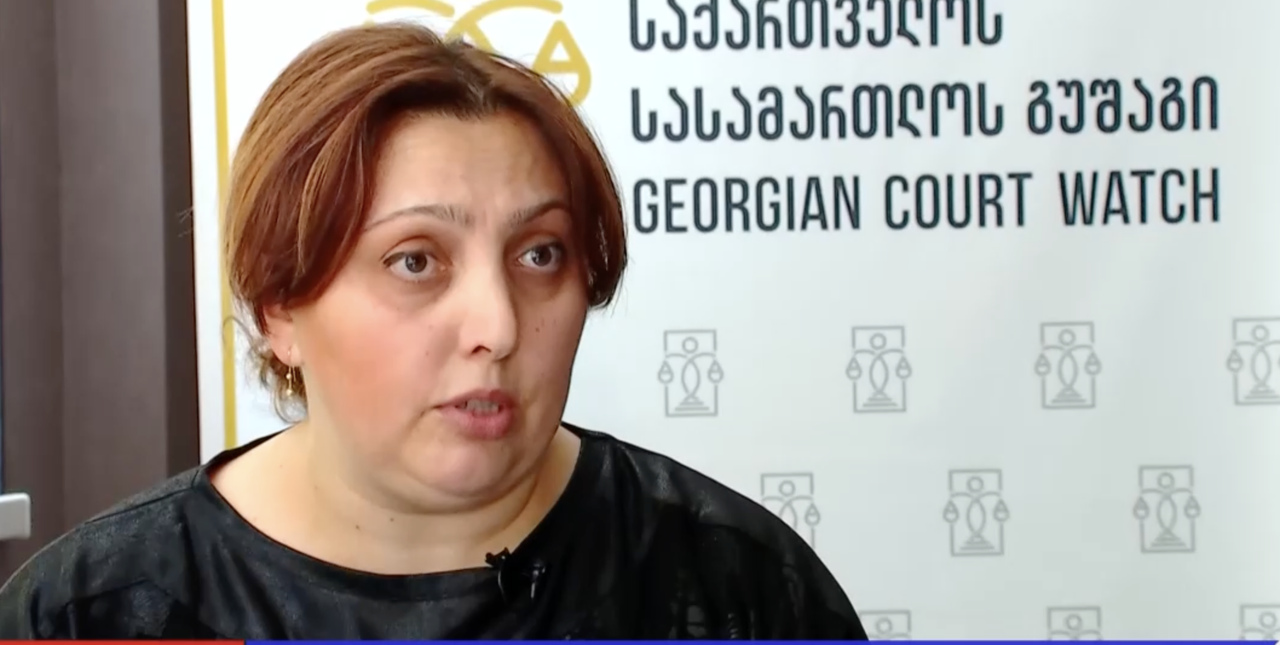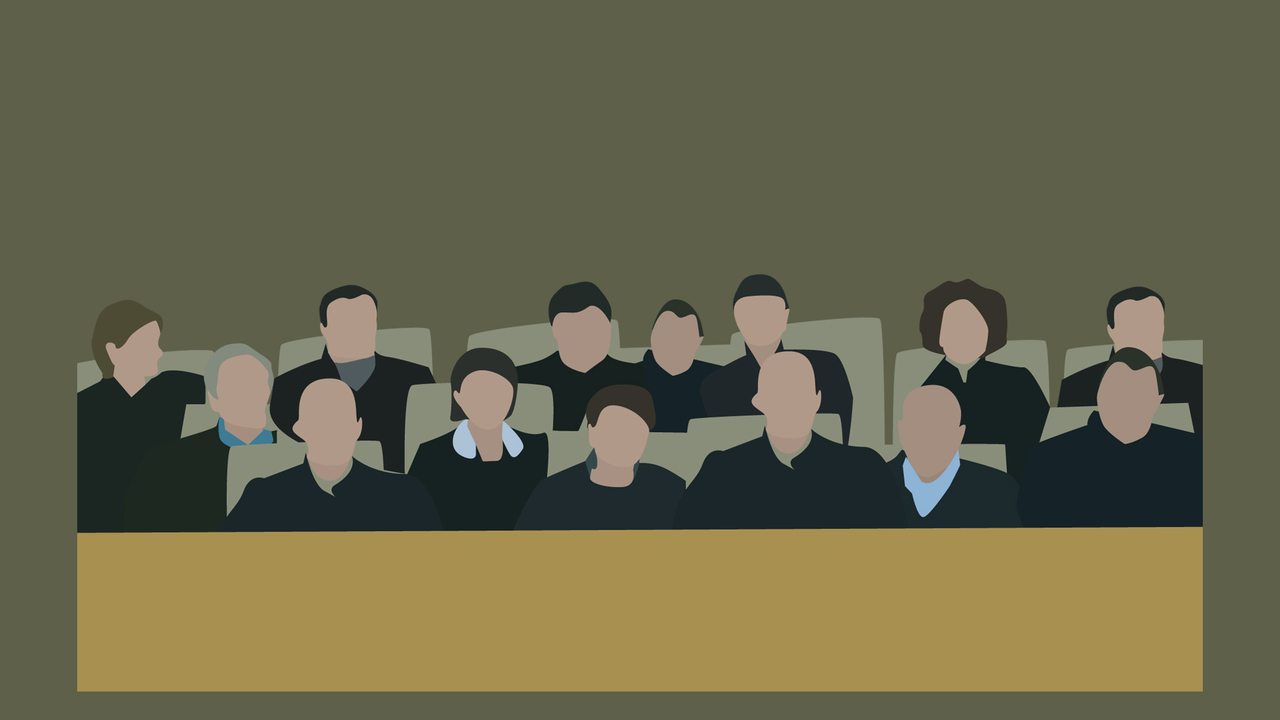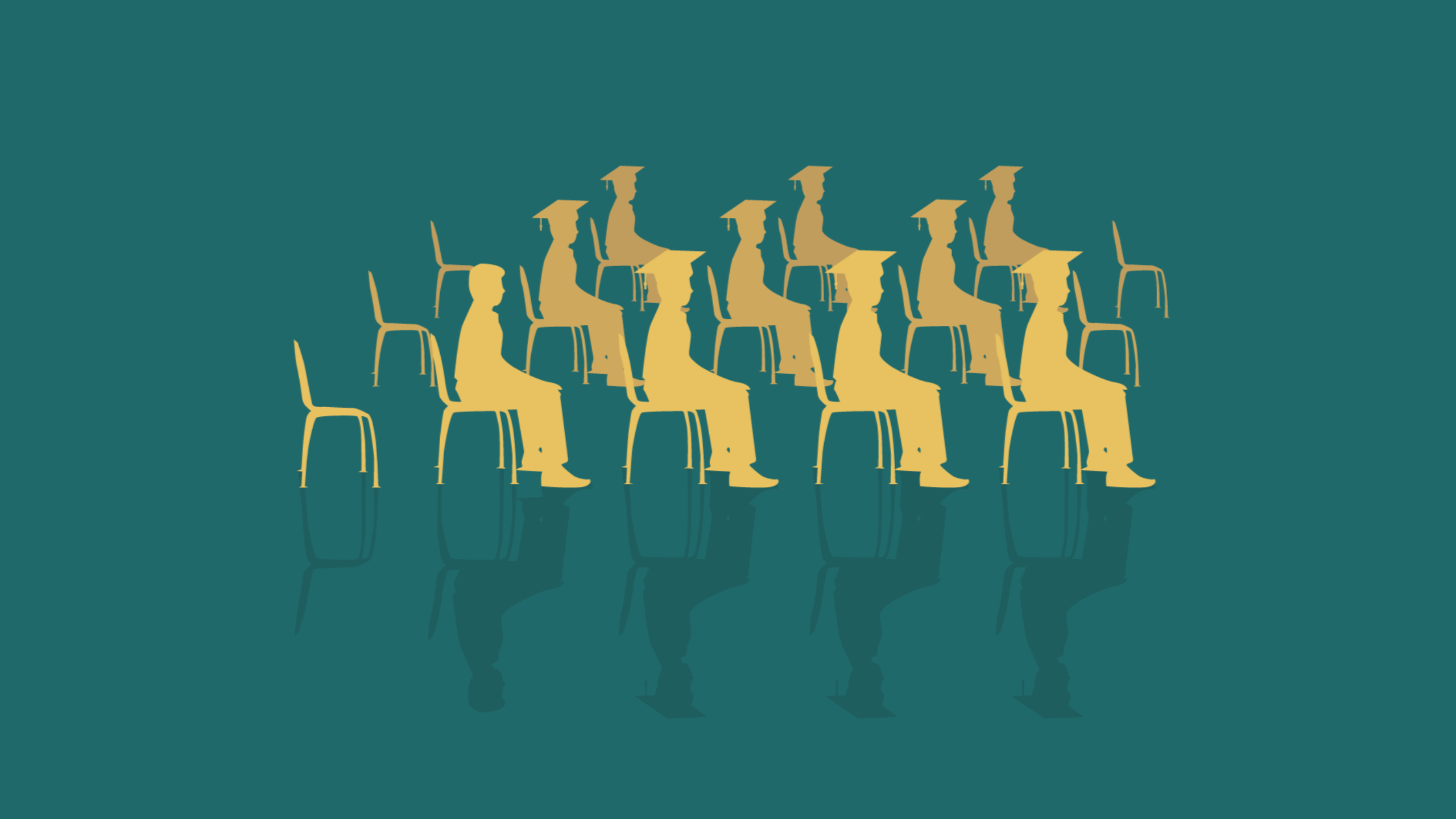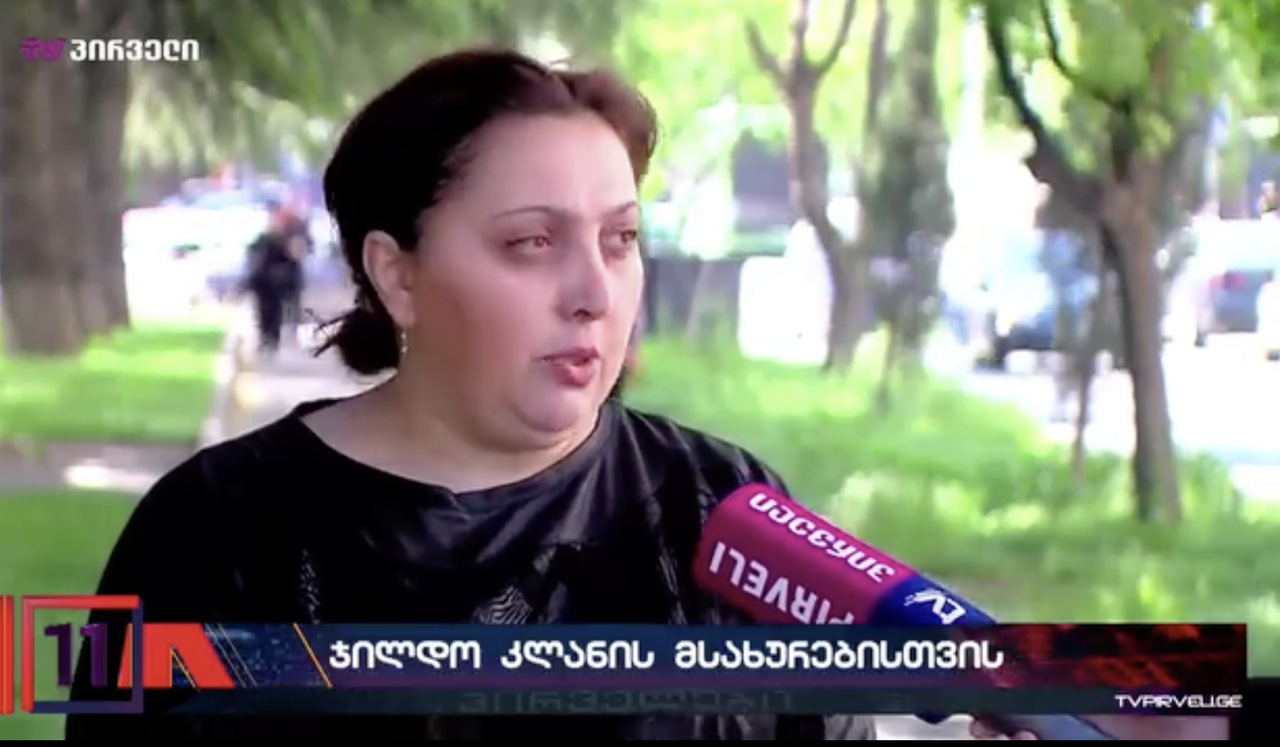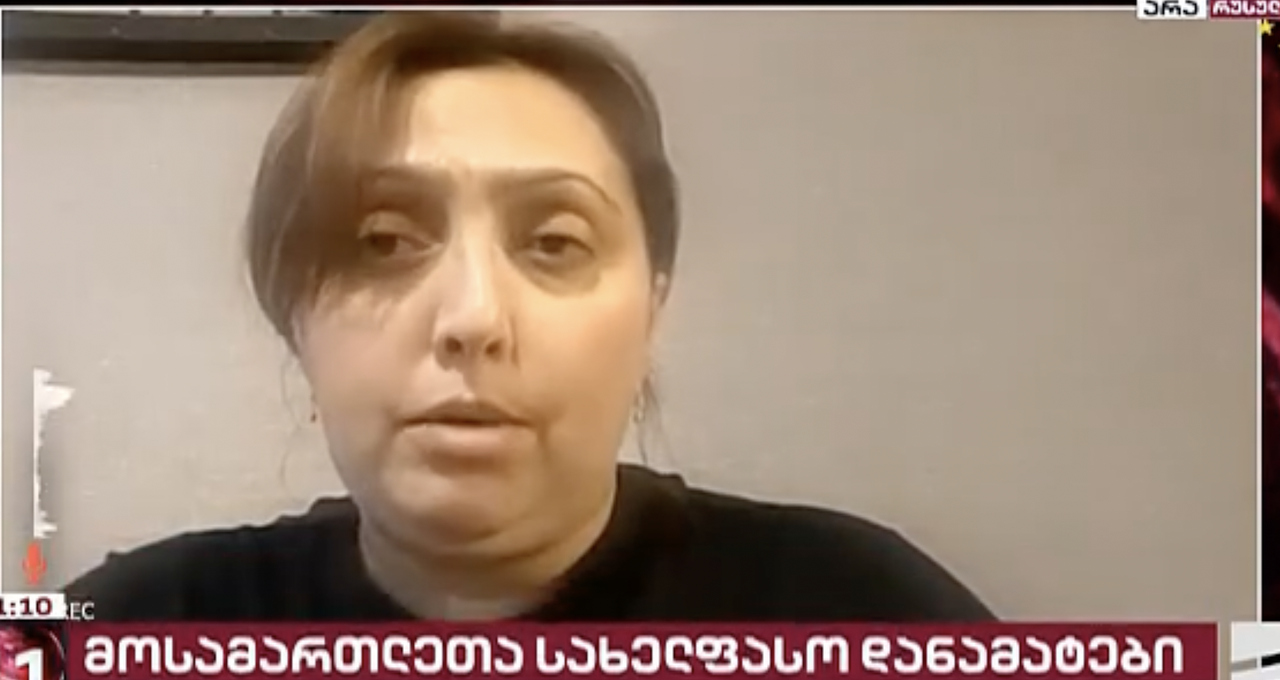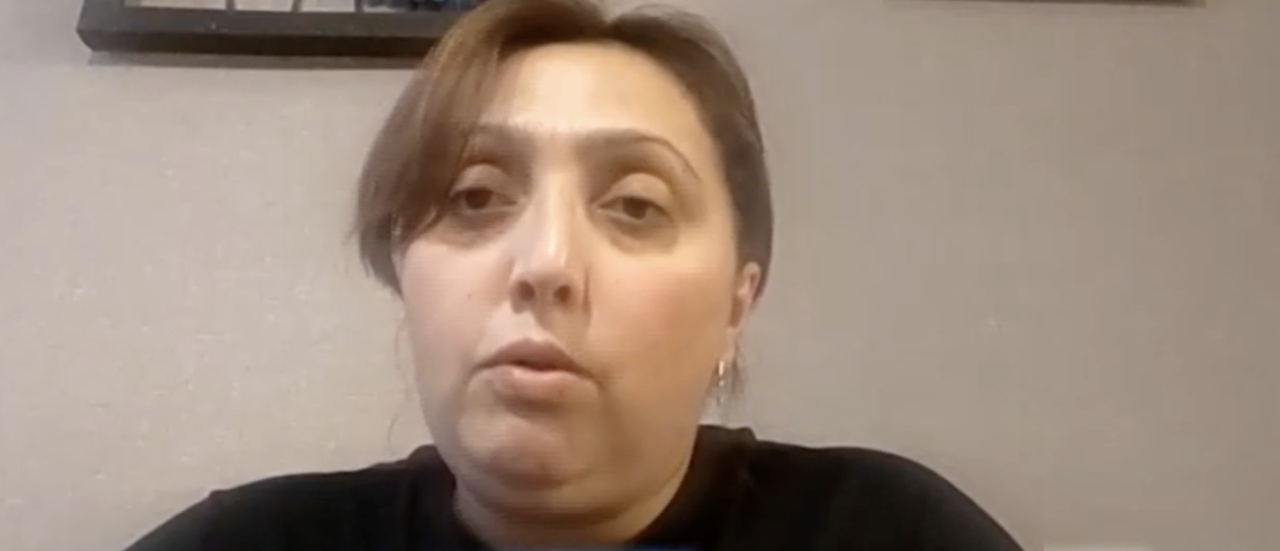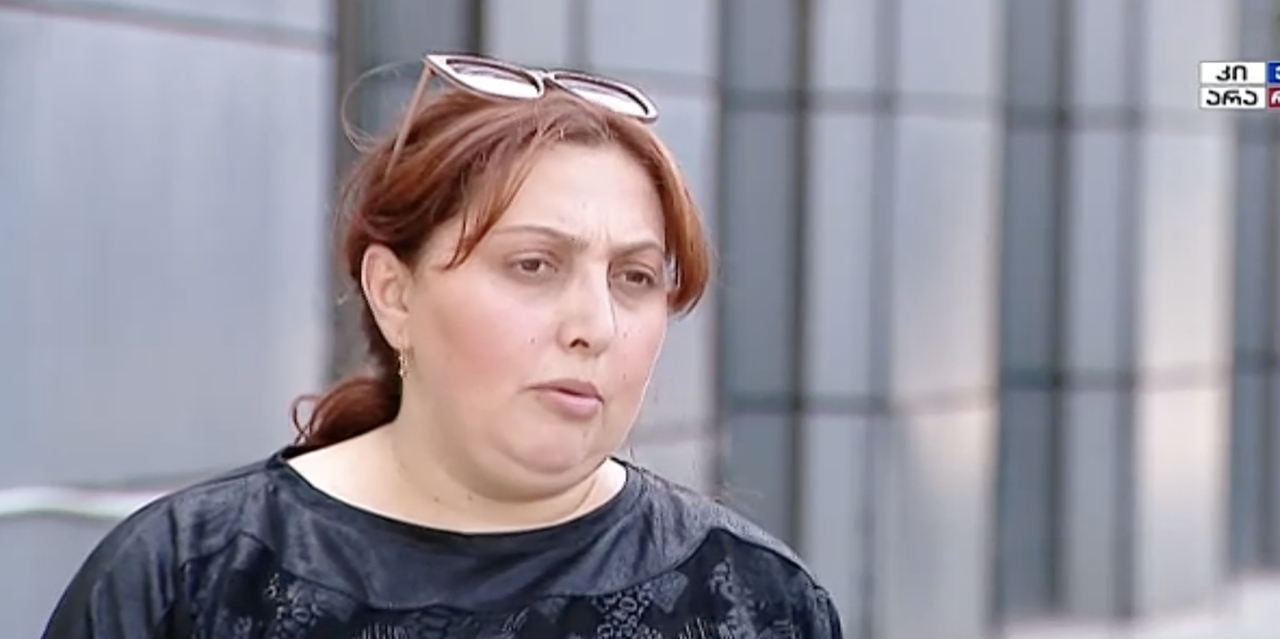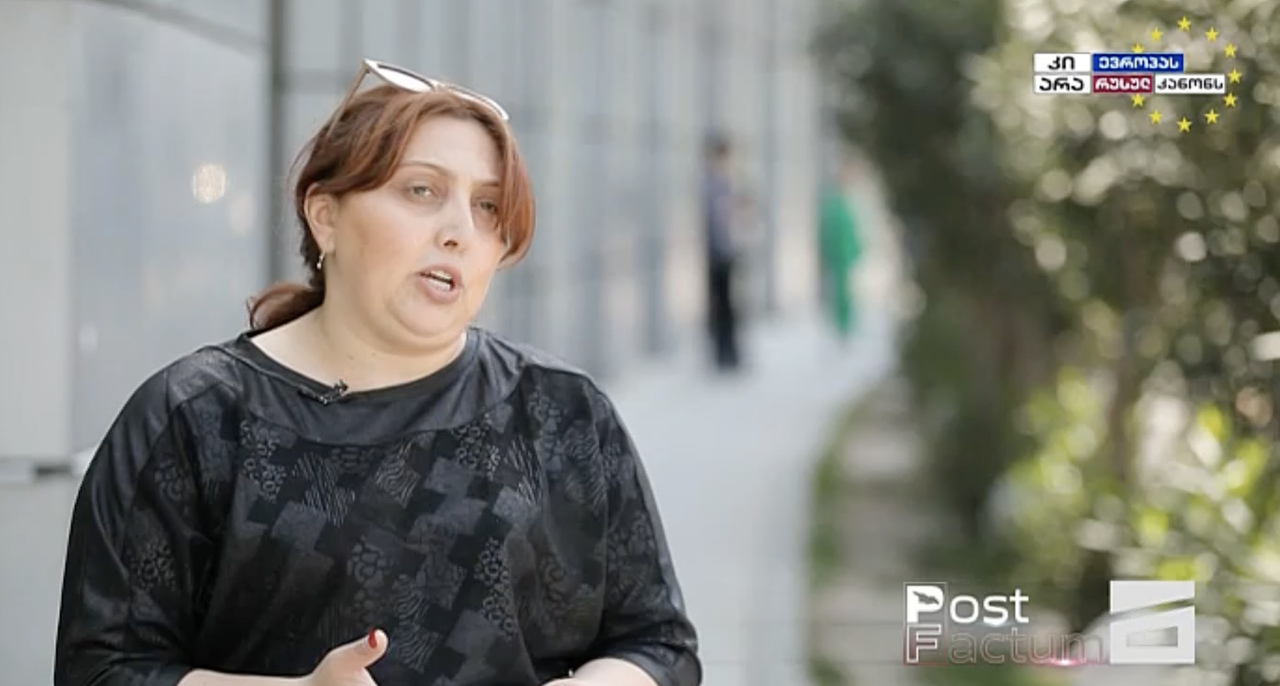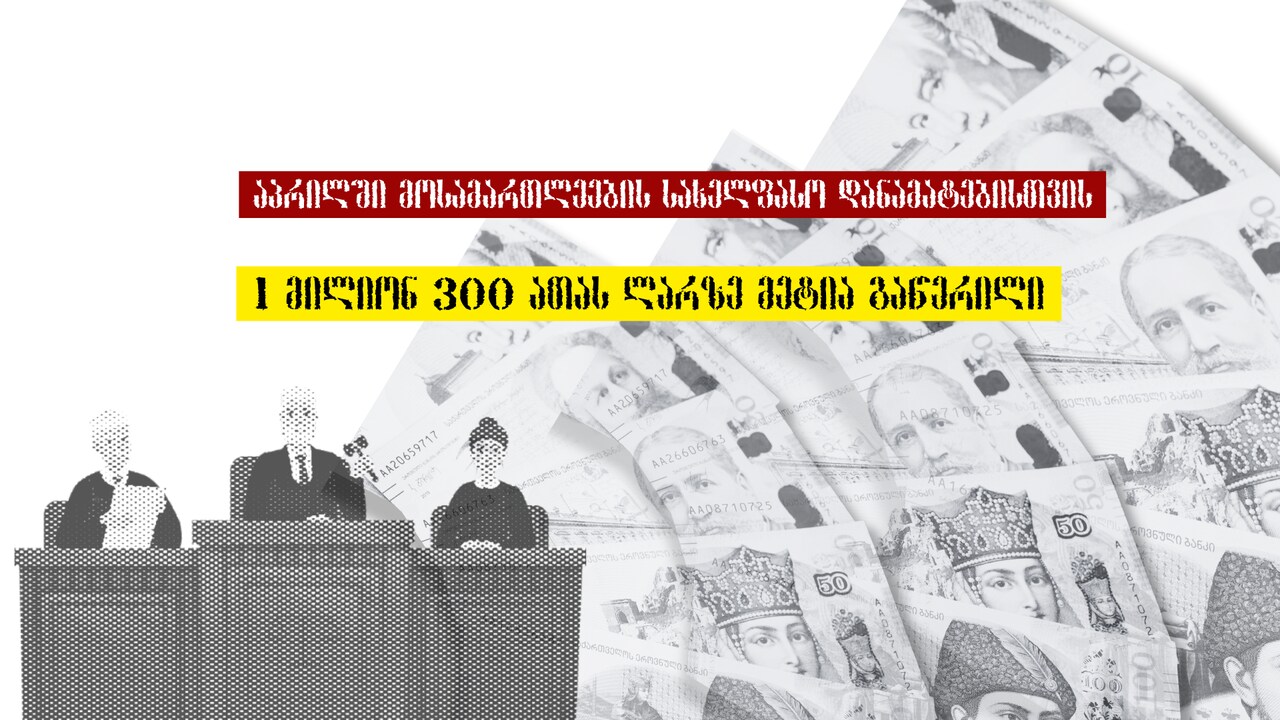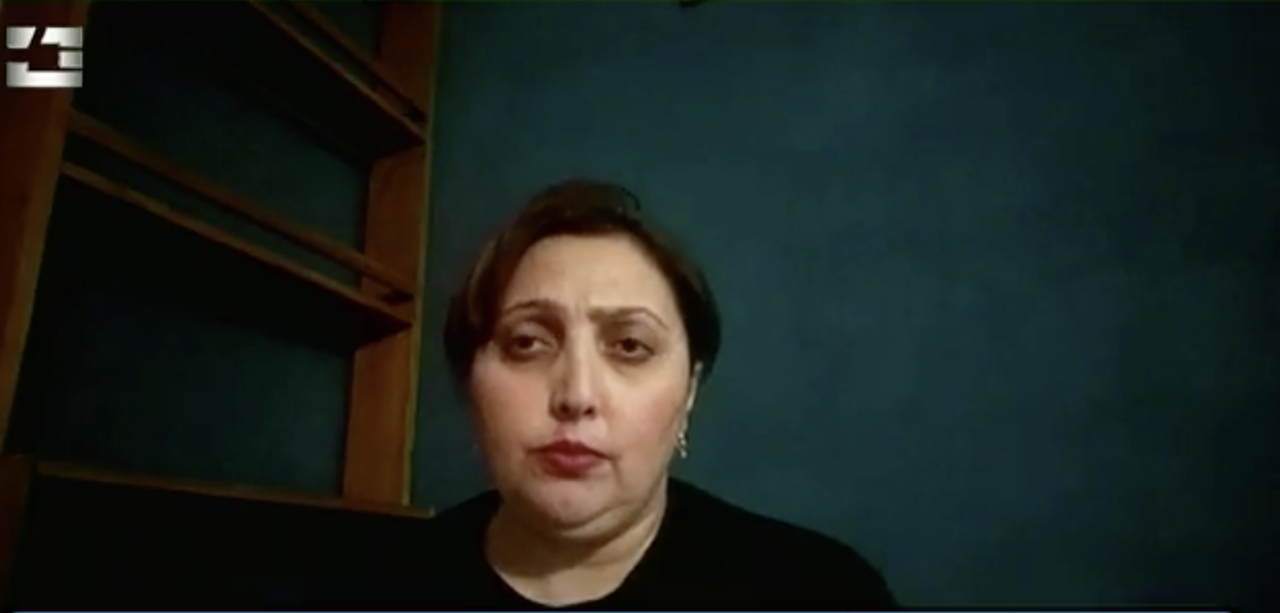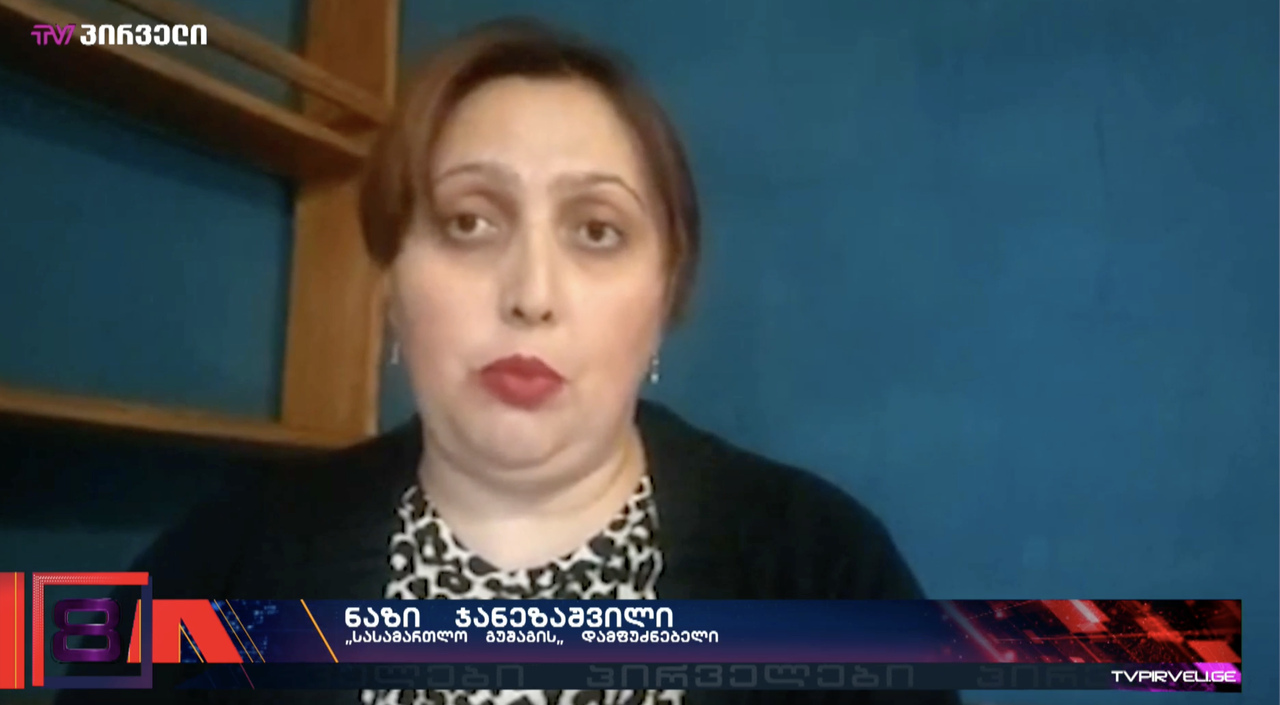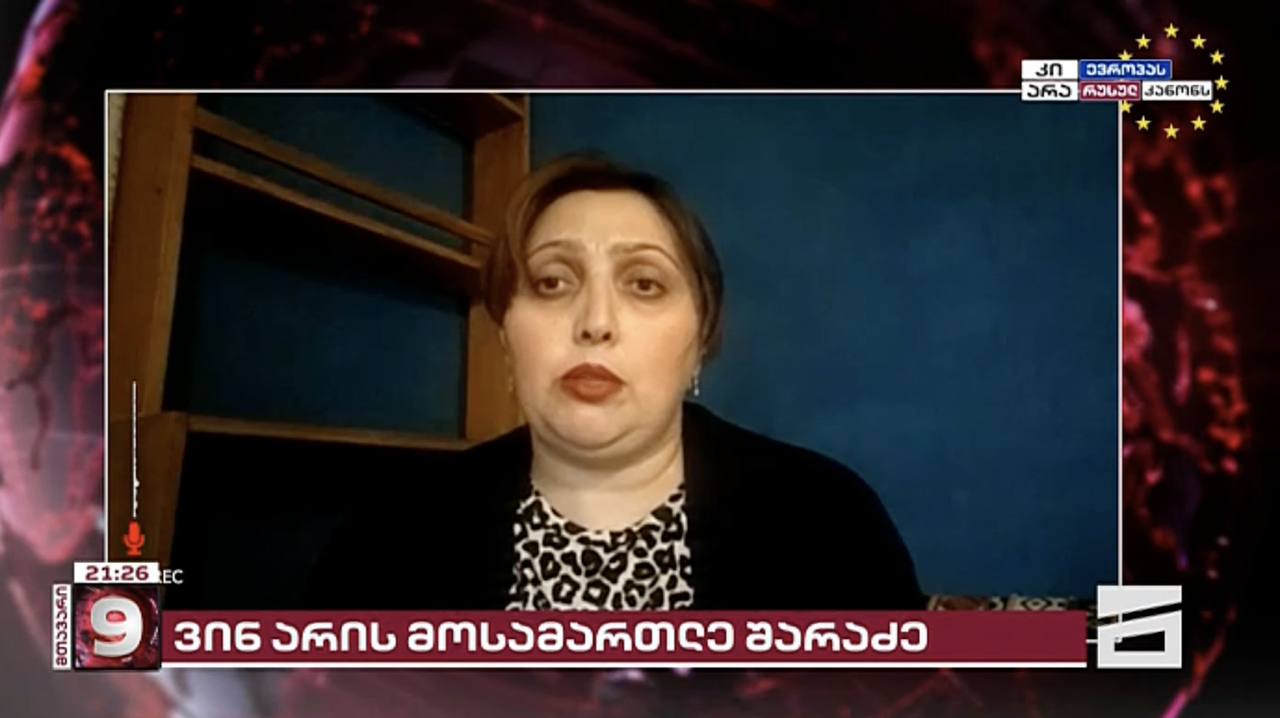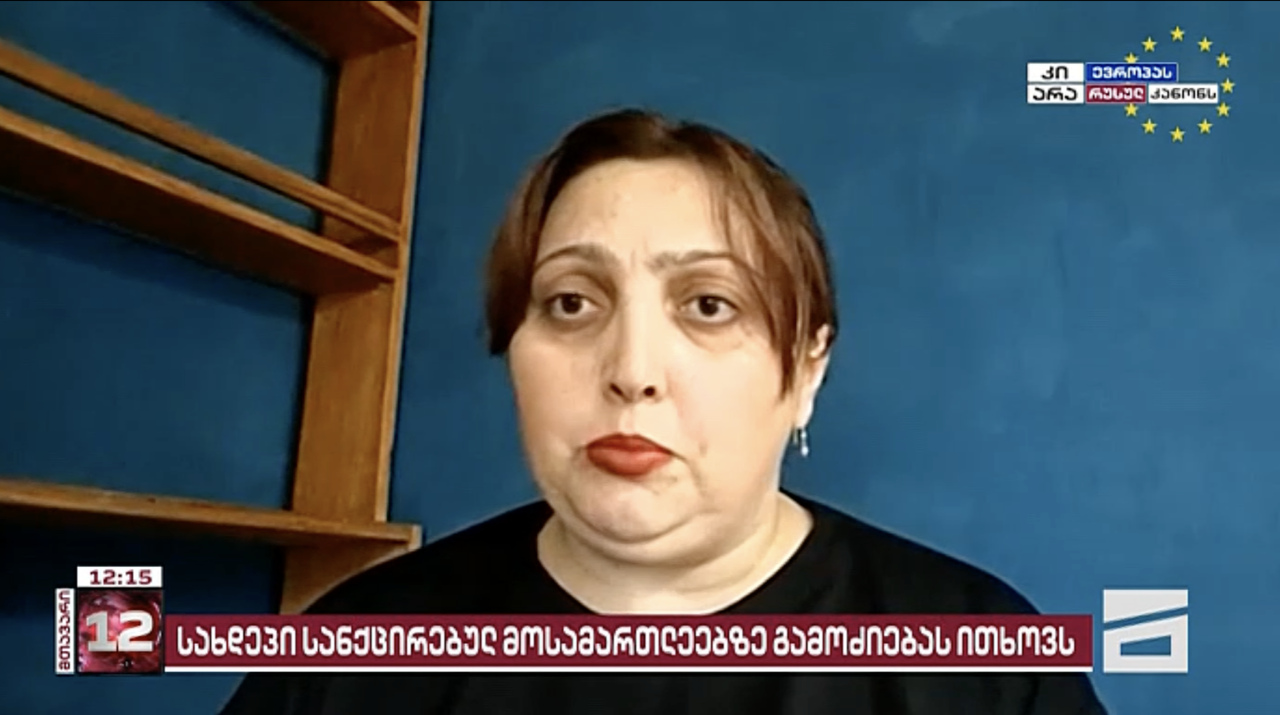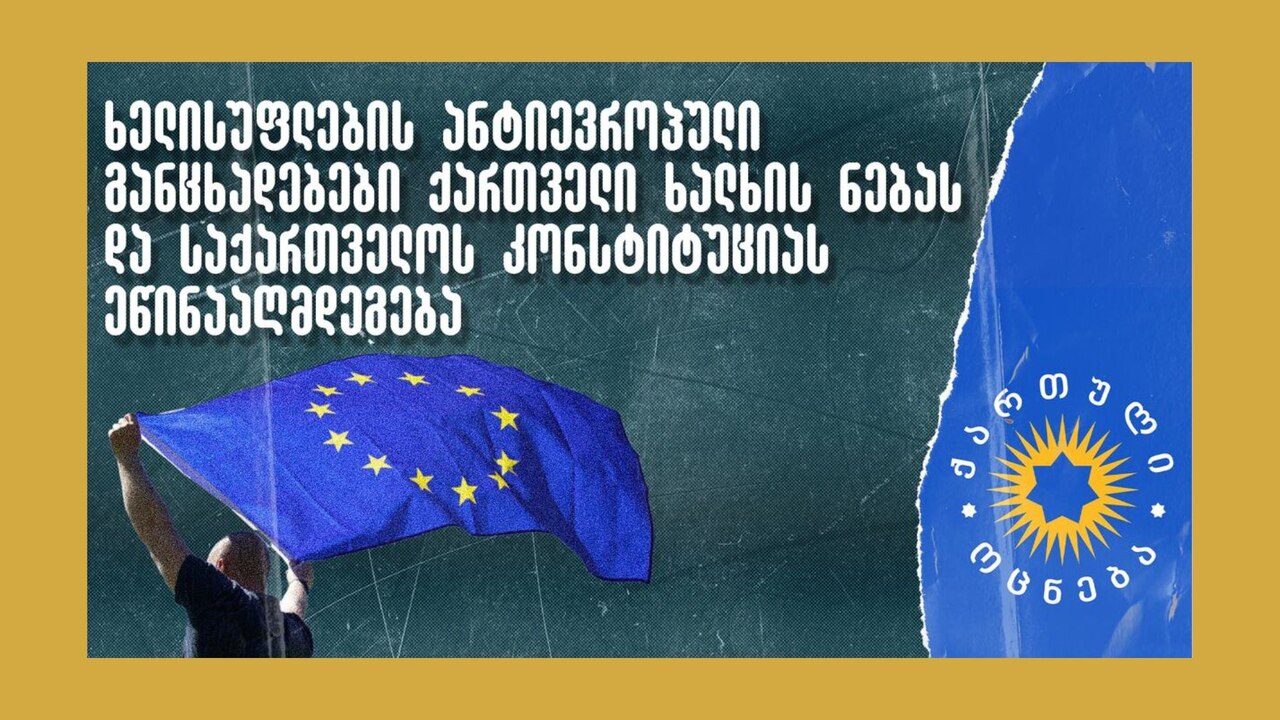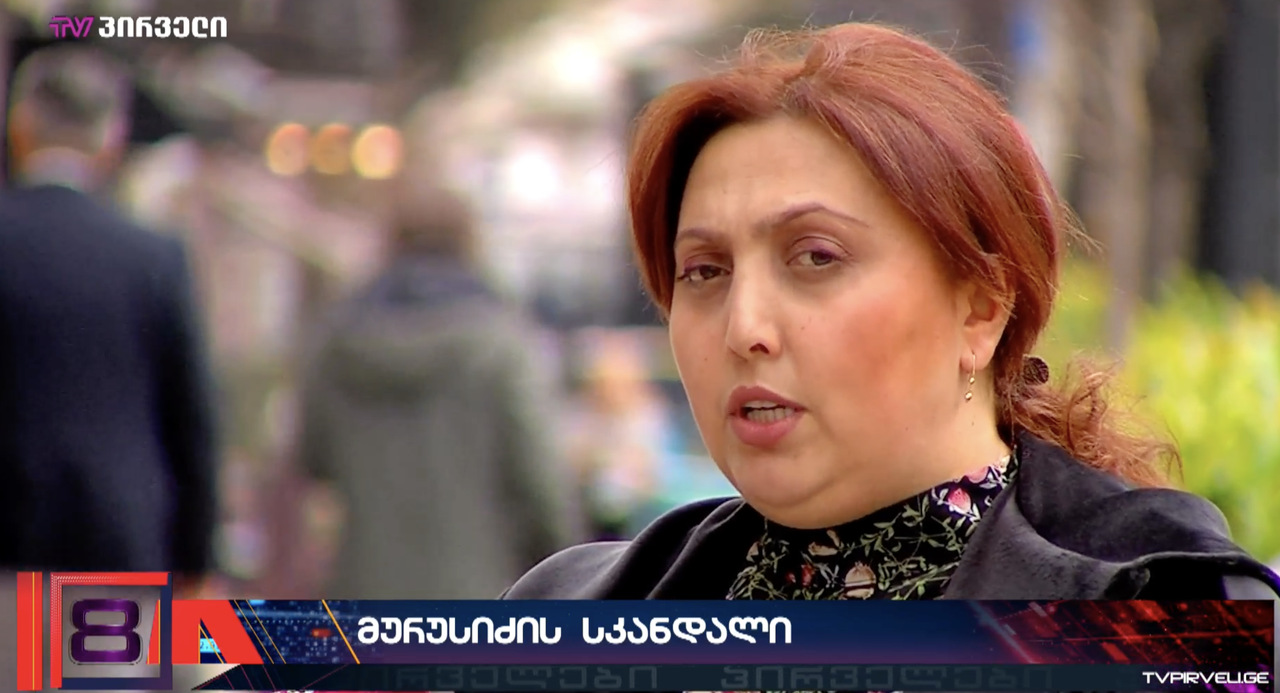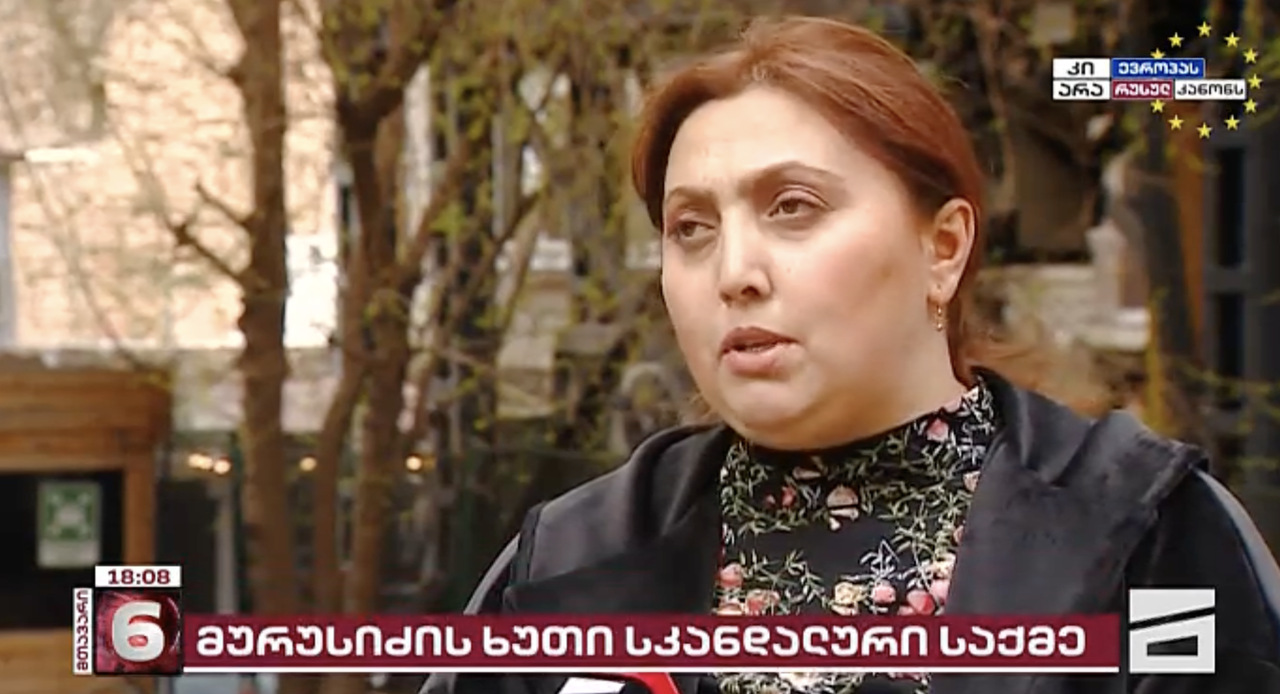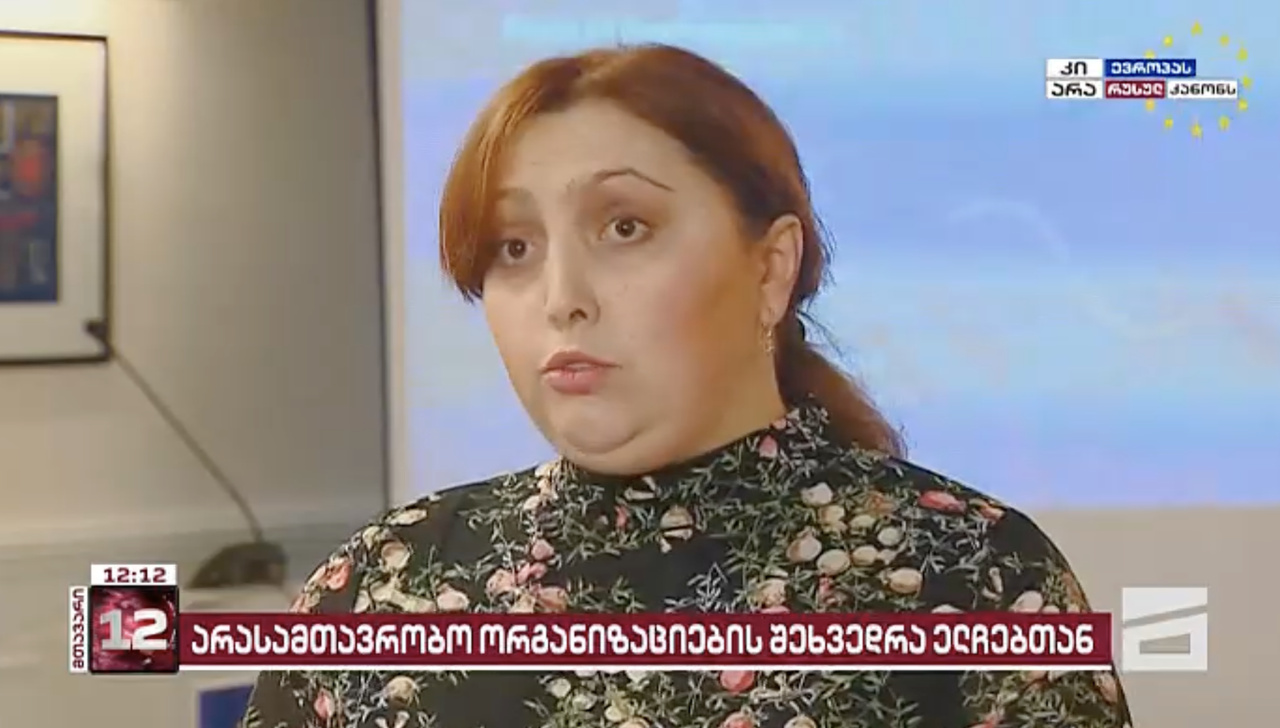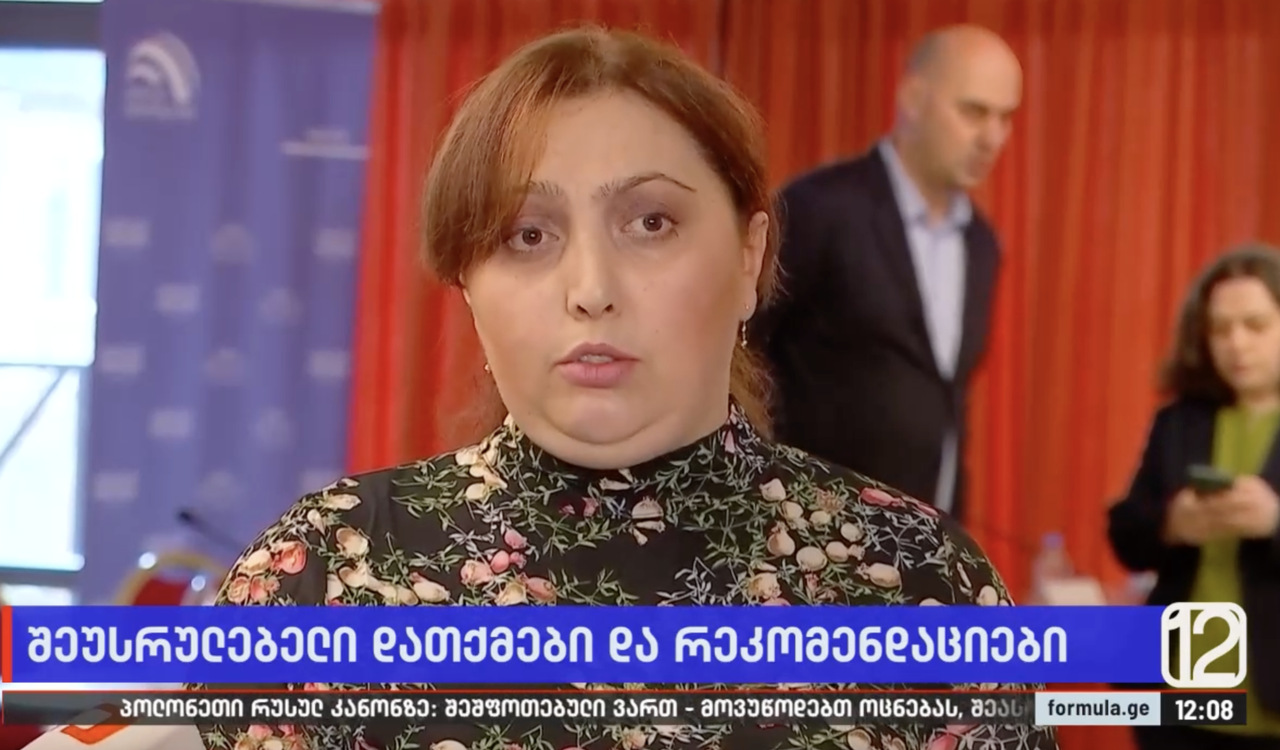What do we know about the new non-judge members of the High Council of Justice?
Table of contents
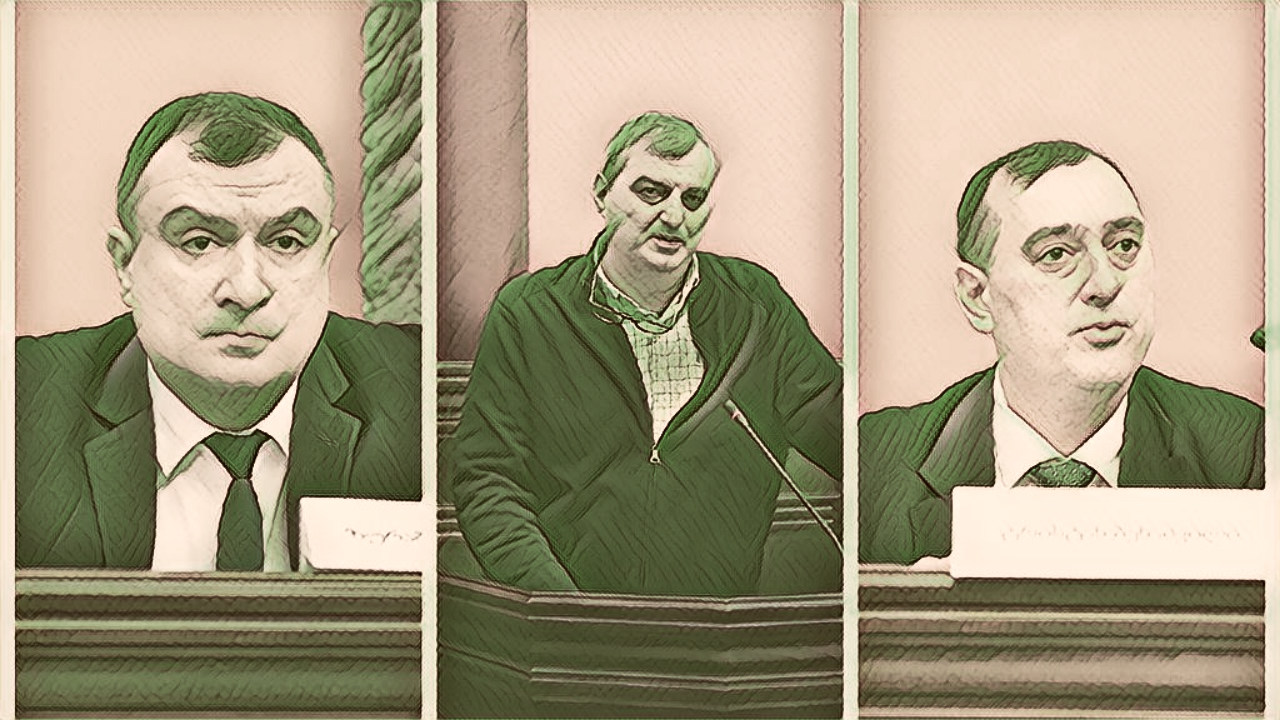
For nearly two years, the High Council of Justice of Georgia has been operating with an incomplete membership, which has created and continues to create problems in the activities of the High Council of Justice, both in terms of evaluating a three-year office term of judges and in terms of transparency and credibility.
The Parliament of Georgia shall elect five members of the High Council of Justice on a competitive basis by secret ballot by a majority of not less than three-fifths of the complete assembly in the manner stipulated by the Parliament of Georgia's Rules of Procedure.
Parliament of Georgia was meant to elect five non-judge members within the term specified by law. However, it failed to do so.
Because a full Parliament comprises 150 deputies, each non-judge member of the High Council of Justice needs at least 90 deputy votes to be elected.
The Parliament elected three non-judge members on May 17: Zurab Guraspashvili (with 93 votes), Tristan Benashvili (with 93 votes), and Giorgi Gzobava (with 91 votes).
One requirement for attaining EU candidate status is the election of non-judge members to the High Council of Justice of Georgia.
Information on three non-judge members of Georgia's High Council of Justice elected by the Georgian Parliament.
Zurab Guraspashvili
.jpg)
The nominee by the Civic Development Society
Date of birth: July 14, 1984.
Higher education: Meskhia branch of Tbilisi State University, 1999-2004, qualification of a lawyer.
Work Experience: He interned at the Prosecutor General's Office of Georgia in 2006 and then worked as the Prosecutor of the Tbilisi Isani-Samgori District Prosecutor's Office till 2010.Anri Okhanashvili declared before the Parliament that “Zurab Guraspashvili has diverse work experience, confirmed by relevant documents.”
He was the Head of the Investigation Department of the General Inspectorate of the Ministry of Internal Affairs before being elected to the High Council of Justice.
During an interview, Zurab Guraspashvili, a parliamentary candidate, commented on the drop in the number of applications filed with the European Court of Human Rights:
"This is undoubtedly owing to the fact that the Supreme Court of Georgia, as a body that establishes practice, has moved toward judicial homogeneity. And the courts of the first and second instances follow this practice. Thus, the three-level remedy system that citizens can address is entirely independent. The system has been enhanced, resulting in a reduction in the number of cases and complaints lodged with the Strasbourg Court by citizens."
According to Guraspashvili, his wife, Tamar Bliadze, works as an assistant to a judge at the Tbilisi Court of Appeals.
The full audio interview with Zurab Guraspashvili.
Tristan Benashvili
.jpg)
The nominee by the Copyright Association of Georgia
and Ltd. East European University
Date of birth: May 3, 1977.
Education: 1994- 1998, Tbilisi State University, Bachelor of Business and Law. 2002-2005, Open Humanitarian University of Georgia, Faculty of Law.
Working experience: According to Anri Okhanashvili, Tristan Benashvili “worked at the Tbilisi District Court in the criminal justice field for various years.” He also passed the assistant to a judge exam.
During an interview, Zurab Guraspashvili, a parliamentary candidate, commented that there were, are, and will be difficulties in the judicial system. According to him, the court is evolving slowly but steadily. The recent amendments to Georgia's Constitution and the organic law “On Common Courts” confirms this belief. He also spoke about trust in the judiciary, stating:
As for the realization of rights, the appeals to the court show that there are no issues with the realization of rights. If we look at the numbers, we can see that the referral statistics increase monthly and annually. Lawsuits are not filed if there is no trust [in the court]. This is supported by court data concerning administrative cases, which show that in 60-65% of cases, legal entities of natural and juridical persons win litigations, among other things. Also included are reports from international organizations and related studies. For example, the Ipsos France survey and other factors to consider.
The full audio interview with Tristan Benashvili.
Giorgi Gzobava
.jpg)
Nominee of NNEL Young Lawyers.
Education: 1994 - 1999, Tbilisi State University, jurisprudence (full course), qualification - lawyer.
Work Experience: from 2015 - NNEL "Education for Every Child;" Member of the Georgian Bar Association; 1997 - Tbilisi Military Prosecutor's Office.
In an interview with the Georgian Parliament concerning justice delayed, Giorgi Gzobava stated.
“Among the causes of the justice delayed are the absence of interpreters in court, a lack of interpreters, a small number of judges, a lack of adequate courtroom equipment, and a lack of courtrooms. Judges have (specific) days to hear cases in court, and sometimes hearings clash. Hearings are often adjourned because another judge continues the proceeding, it is difficult to enter the (alotted) courtroom, and there is no alternative courtroom. This occurs in Tbilisi City Court, where despite numerous courtrooms, there is an excessive workload and not enough judges. The issue of courtrooms equipment remains unresolved. Become obsolete. It is not uncommon for video evidence not to be examined because the projector in the courtroom is broken. If the examination of this evidence on a large screen is critical, it should be postponed; otherwise, the video evidence is studied on the judge's or their assistant's laptop.”
The full audio interview with Giorgi Gzobava.
---
The materials distributed by courtwatch.ge and published on the website are the property of "Georgian Court Watch", when using them, "Georgian Court Watch" should be indicated as the source.

